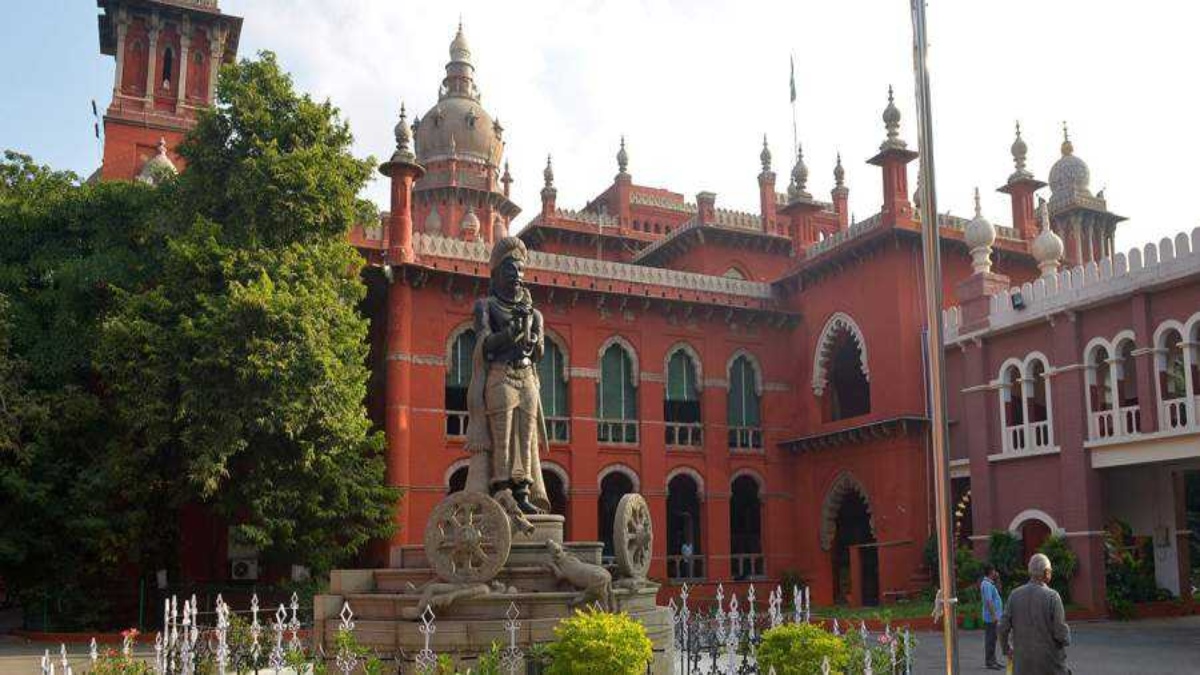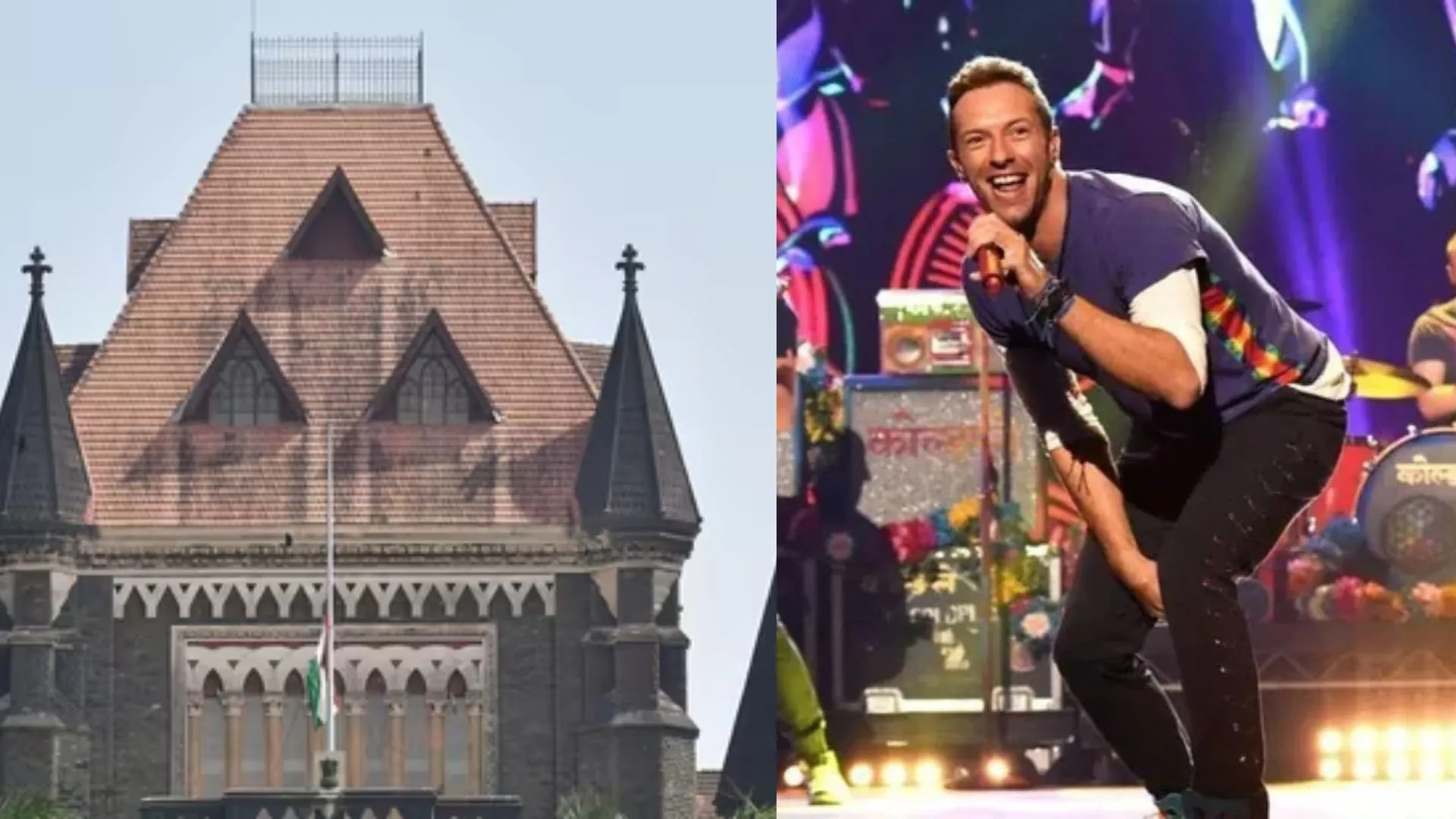In a well-written, well-worded, well-analysed, well-reasoned, well-substantiated, well-articulated and well-concluded 517-page judgment titled Abdul Sathar vs The Principal Secretary to Government and 5 others in W.P. No. 41791 of 2006 delivered as recently as on February 5, 2021, a Full Bench of the Madras High Court has held that the recommendation of State Human Rights Commission under Section 18 of the Protection of Human Rights Act, 1993 is binding on the Government or Authority. The Bench comprising of Justices S Vaidyanathan, Parthiban and M Sundar also held that it is an adjudicatory order which is legally and immediately enforceable. Very rightly so!
To start with, the ball is set rolling by first and foremost observing in para 1 of this commendable judgment authored by Justice M Sundar for himself, Justice S Vaidyanathan and Justice Parthiban wherein it is laid down as a preferatory note that, “It is often said that interpretation is a journey of discovery, which is not akin to a regular journey of discussion and dispositive reasoning which predominantly turns on ‘construction’. Interpretation (unlike construction) is more in the nature of determining the idea of legal meaning of a Statute. Interpretation is a jurisprudential journey as it is the process of sifting a statute and/or it is provisions to seek the intention of the Legislature. In this order, we had embarked upon such a jurisprudential journey, which under the normal circumstances should have reached its destination before the dawn of December 2020, but that was not to be owing to the Corona virus pandemic and consequent lock down, which is now widely and commonly referred to as ‘Covid-19 situation’; Covid-19 was something which we did not portend or presage when this journey commenced on 17.02.2020 and thereafter we had no means of prophesying that it would impact one of us and personal staff of another of us.”
On an introductory note, it is then held in para 2 that, “We are much conscious over the joint effort to raise the efficiency and therefore, we feel it appropriate to state as to why there is a little delay in delivering this judgment, though it is not imperative for us to narrate the reasons, we believe that keeping a clear conscience is always better. We can speak only through our order with none to articulate these facts if this order is assailed in the Apex Court. Owing to conflict of judgments with regard to human rights violations, these batch of cases were referred to us by constitution of a Special Bench by the then Hon’ble Chief Justice, for a firm judicial pronouncement on the said aspect. These matters were heard by us on several listings / days in virtual Courts (Web hearing on a video conferencing platform) and finally judgment in this case was reserved on 29.09.2020.”
While continuing in a similar vein, the Full Bench then holds in para 5 that, “We have thought it appropriate and pertinent to write this prefatory note in the light of matters now before different Hon’ble Division Benches which are awaiting this verdict. Suffice to say that pronouncing of this order which should have happened before the dawn of December 2020, is happening now owing to circumstances narrated herein which we could neither foretell nor foreshadow.”
Most significantly and most remarkably, what forms the cornerstone of this commendable judgment is then stated in para 490 that, “In the conspectus of the above discourse, the following is our summation to the terms of the Reference:
(i) Whether the decision made by the State Human Rights Commission under Section 18 of the Protection of Human Rights Act, 1993, is only a recommendation and not an adjudicated order capable of immediate enforcement, or otherwise?
Ans: The recommendation of the Commission made under Section 18 of the Act, is binding on the Government or Authority. The Government is under a legal obligation to forward its comments on the Report including the action taken or proposed to be taken to the Commission in terms of Sub Clause (e) of Section 18. Therefore, the recommendation of the H.R. Commission under Section 18 is an adjudicatory order which is legally and immediately enforceable. If the concerned Government or authority fails to implement the recommendation of the Commission within the time stipulated under Section 18(e) of the Act, the Commission can approach the Constitutional Court under Section 18(b) of the Act for enforcement by seeking issuance of appropriate Writ/order/direction. We having held the recommendation to be binding, axiomatically, sanctus and sacrosanct public duty is imposed on the concerned Government or authority to implement the recommendation. It is also clarified that if the Commission is the petitioner before the Constitutional Court under Section 18(b) of the Act, it shall not be open to the concerned Government or authority to oppose the petition for implementation of its recommendation, unless the concerned Government or authority files a petition seeking judicial review of the Commission’s recommendation, provided that the concerned Government or authority has expressed their intention to seek judicial review to the Commission’s recommendation in terms of Section 18(e) of the Act.
(ii) Whether the State has any discretion to avoid implementation of the decision made by the State Human Rights Commission and if so, under what circumstances?
Ans: As our answer is in the affirmative in respect of the first point of Reference, the same holds good for this point of Reference as well. We having held that the recommendation is binding, the State has no discretion to avoid implementation of the recommendation and in case the State is aggrieved, it can only resort to legal remedy seeking judicial review of the recommendation of the Commission.
(iii) Whether the State Human Rights Commission, while exercising powers under sub-clauses (ii) and (iii) of clause (a) of Section 18 of the Protection of Human Rights Act, 1993, could straight away issue orders for recovery of the compensation amount directed to be paid by the State to the victims of violation of human rights under sub-clause (i) of clause (a) of Section 18 of that enactment, from the Officers of the State who have been found to be responsible for causing such violation?
Ans: Yes, as we have held that the recommendation of the Commission under Section 18 is binding and enforceable, the Commission can order recovery of the compensation from the State and payable to the victims of the violation of human rights under Sub Clause (a)(i) of Section 18 of the Act and the State in turn could recover the compensation paid, from the Officers of the State who have been found to be responsible for causing human rights violation. However, we clarify that before effecting recovery from the Officer of the State, the Officer concerned shall be issued with a show cause notice seeking his explanation only on the aspect of quantum of compensation recoverable from him and not on the aspect whether he was responsible for causing human rights violation.
(iv) Whether initiation of appropriate disciplinary proceedings against the Officers of the State under the relevant service rules, if it is so empowered, is the only permissible mode for recovery of the compensation amount directed to be paid by the State to the victims of violation of human rights under sub-clause(i) of clause(a) of Section 18 of the Protection of Human Rights Act, 1993, from the Officers of the State who have been found to be responsible for causing such violation?
Ans: As far as the initiation of disciplinary proceedings under the relevant Service Rules is concerned, for recovery of compensation, mere show cause notice is sufficient in regard to the quantum of compensation recommended and to be recovered from the Officers/employees of the concerned Government. However, in regard to imposition of penalty as a consequence of a delinquent official being found guilty of the violation, a limited departmental enquiry may be conducted only to ascertain the extent of culpability of the Official concerned in causing violation in order to formulate an opinion of the punishing Authority as to the proportionality of the punishment to be imposed on the official concerned. This procedure may be followed only in cases where the disciplinary authority/punishing authority comes to the conclusion on the basis of the inquiry proceedings and the recommendations of the Commission that the delinquent official is required to be visited with any of the major penalties enumerated in the relevant Service Regulations.
As far as imposition of minor penalty is concerned, a mere show cause notice is fair enough, as the existing Service Rules of all services specifically contemplate only show cause notice in any minor penalty proceedings.
(v) Whether Officers of the State who have been found to be responsible by the State Human Rights Commission for causing violation of human rights under Section 18 of the Protection of Human Rights Act, 1993, are entitled to impeach such orders passed by the Commission in proceedings under Article 226 of the Constitution and if so, at what stage and to which extent?
Ans: As we have held that the recommendation of the Commission under Section 18 of the Act is binding and enforceable, the Officers/employees of the State who have been found responsible for causing violation of human rights by the Commission, are entitled to assail such orders passed by the Commission by taking recourse to remedies of judicial review provided under the Constitution of India. It is open to the aggrieved officers/employees to approach the competent Court to challenge the findings as well as recommendations of the Commission.”
No less significant is what is then stated in para 492 that, “Before we part with this Reference, we are constrained to express our considered opinion that despite all the provisions in the Act, covering wide spectrum of human rights concerns in consonance with the Rule of Law governing our polity, in the absence of an inbuilt and integral provision within the explicit frame work of the Statute, a perception has been gaining ground in the corridors of the implementing authorities that the recommendation of the H.R.Commission lacks legal sanctity and hence can be trifled with. Such perception and point of view on the part of the implementing authority may not augur well towards addressing the complaints of human rights violation in the country where the written Constitution reigns supreme and is placed at the altar of our governance.”
As it turned out, the Full Bench then observes in para 493 that, “Although the history after the introduction of the Act, reveals that by and large the recommendations of the Commission have been implemented, any discretion to the implementing authorities to either accept or not accept the recommendation would only lead to avoidable delay, forcing the Commission to invoke Section 18(b) of the Act.”
Please read concluding on thedailyguardian.com
Be it noted, it is then rightly and remarkably pointed out in para 494 that, “In a constitutional democracy, there is always a possibility of change of Governments, policy makers and so are the policies. The policies are always in a state of fluidity depending on expectations resulting in shifts and changes of perspective framework of the policy makers. In such circumstances, at the time of enactment of the Act, an assurance given on behalf of the Treasury Bench by the Hon’ble Minister concerned that recommendation of the H.R.Commission would be accorded due respect as in the case of recommendation of the Finance Commission and the Government in the past had never declined to accept the recommendation of the Finance Commission as matter of healthy convention.”
Frankly speaking, the Full Bench then adds on a practical note in para 495 that, “The history of politics and governance has been witnessing constant change through evolution of different policies and as a consequence of such change any convention observed in the past has its breaking point in tune with the time. Therefore, the Act which was introduced providing a public law remedy, cannot be operated on the basis of the assurance of the Hon’ble Minister concerned, unless the assurance is transformed into a letter of law for all the time to be followed.”
For the sake of clarity, it is then made clear in para 496 that, “The avowed intention of the policy frames at that point of time was clear but at the same time, following any convention after all is a only a matter of choice at the end of the day. If in this context, we are of the considered opinion that the intention of the framers may be given a statutory sanction within the Act itself to make the Act a complete code in itself instead of invoking the jurisdiction of the Constitutional Court for execution of the recommendation.”
As an advisory note, the Full Bench then holds in para 497 that, “We earnestly trust and hope that the Parliament in its collective wisdom would bring necessary amendments in the Act to provide wherewithal to the Commission for direct execution of the recommendation. By such initiation, the learned Parliament would be according befitting status to the Commission steered by the high constitutional dignitaries of the highest legal order.”
While making further suggestion, the Full Bench then also observes in para 498 that, “In the said circumstances, we hereby suggest to the policy makers to make suitable amendment/s in the Act providing for an internal/self-contained mechanism qua Human Rights Commission for enforcing its recommendations under Section 18 of the Act. By such amendment/s, the Act would become complete in all fours, leaving no room for procrastination in offering remedial action promptly.”
Now coming to the concluding paras. It is held in para 499 that, “Now we part this case with trust and hope that our suggestion finds codified Statutory expression in the realm of Human Rights Laws in the days to come.” Para 500 states that, “The terms of the Reference are answered accordingly.”
Finally, it is then held in the last para 501 that, “All the individual Writ Petitions are to be posted before the Honble Benches concerned for disposal on the respective merits of the Writ Petitions, after taking note of our answers to the Reference.”
On a concluding note, it has to be said that the Full Bench of Madras High Court has very commendably held that the recommendations of State Human Rights Commission are legally enforceable, binding on government/authorities. As the ruling is 517 pages, it was just not possible to mention each and every significant point mentioned in this latest, learned landmark and laudable judgment. But we can derive satisfaction from this that we have dwelt considerably on the vital parts of this leading case which forms the sum and substance also. It would be prudent to always remember what is mentioned in para 477 of this notable judgment that, “We may not be elected Judges through Universal suffrage, nay we are nominated by operation of the Constitutional provisions to preside over Constitutional Court. Our partnership with Executive and Legislature ordains us with shared responsibility in safeguarding, protection and promotion of Human Rights. In discharge of the sublime responsibility, the role of the Constitutional Court assumes sovereign coloration and the interpretation of the Statute lies at its portals. The Act which has been conceived and designed as a Protector of Human Rights, has to necessarily include enforcer of Human Rights as well. Protection of Human Rights without enforcement would only amount to empty proclamation, as promise without a guarantee.” Same is the case with para 470 which holds that, “Human Rights Commission created to address the exalted human rights concerns is not a show-piece to the world as a token of conformity to the commitment of India to the Universal Declaration of Human Rights and International treaties, viz., International Covenant on Civil and Political Rights, 1966 and International Covenant on Economic, Social and Cultural Rights. 1966. The institution’s reach and the functional efficacy must be real to carry its constitutional obligation to the hilt. Our lawmakers must remember this always now and must amend laws to meet the present circumstances accordingly in the right earnest!























